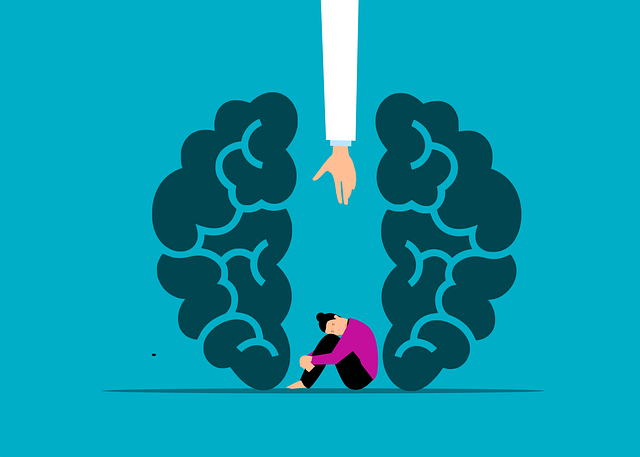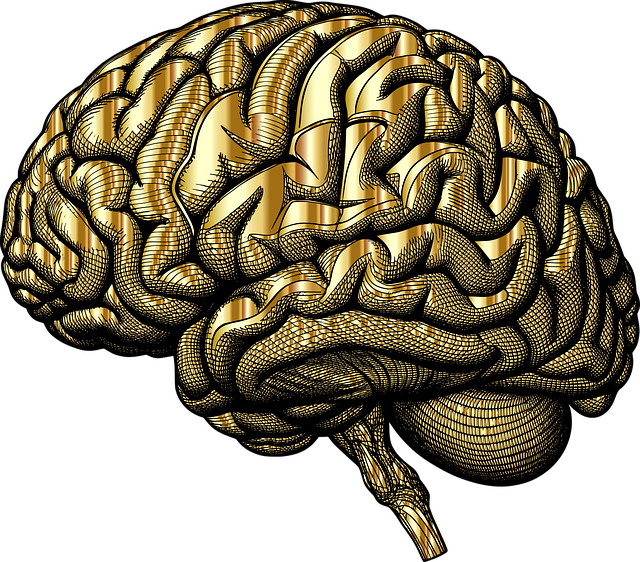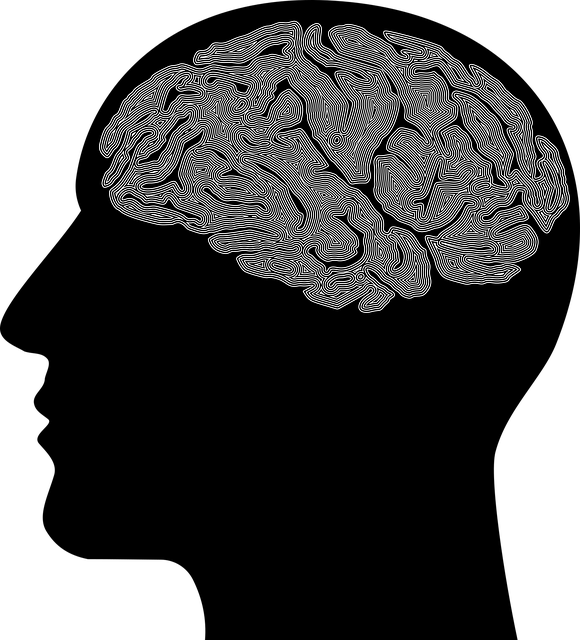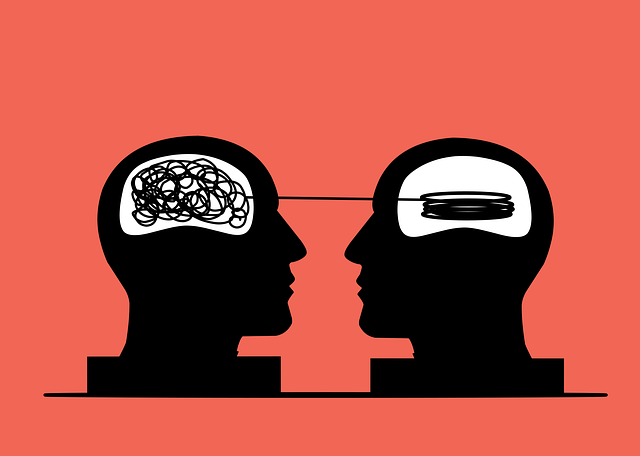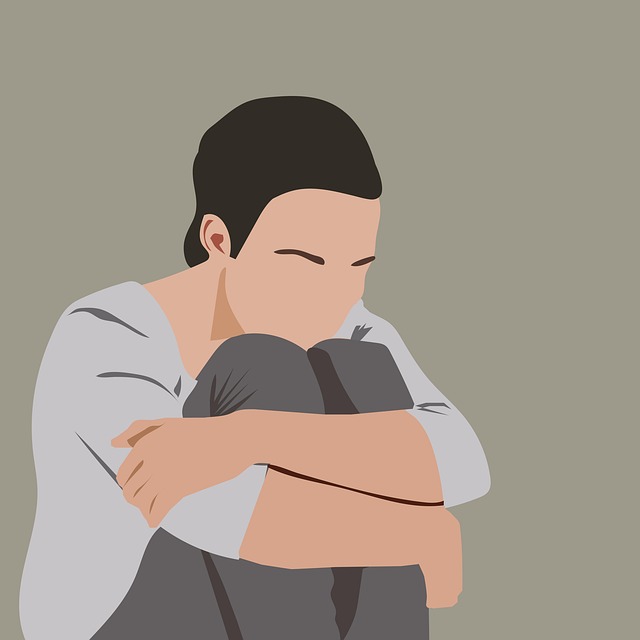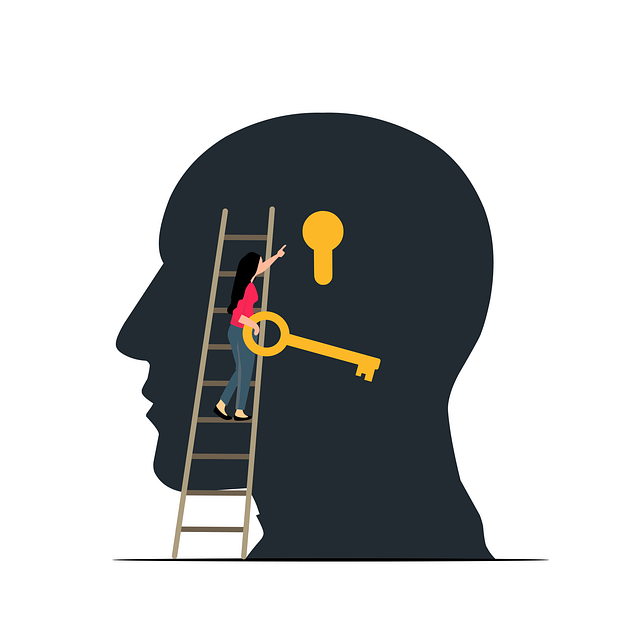Burnout among young adult men is a growing concern, driven by societal expectations of masculinity and mental health challenges. Early signs include increased irritability, fatigue, sleep disturbances, and decreased productivity. Addressing burnout requires a multi-faceted approach: mental health education programs tailored to young adults, therapy for men's issues, promoting work-life balance, and encouraging self-care practices. Therapeutic interventions, crisis intervention guidance, and stress management workshops are crucial in preventing burnout among healthcare providers, especially young adult men. Mindfulness meditation and self-reflection cultivate inner strength, while open conversations about mental health struggles in a supportive environment further mitigate burnout risk.
Healthcare provider burnout is a growing concern, particularly among young adult men facing unique mental health challenges. This article explores effective prevention strategies to combat burnout and promote well-being. We delve into recognizing early warning signs and common triggers specific to this demographic, emphasizing the importance of therapeutic interventions tailored to men’s issues. Additionally, we provide practical self-care practices and resilience-building techniques for long-term mental health management within the healthcare sector, focusing on strategies that cater to young adult males.
- Recognizing Burnout in Young Adult Men: Common Triggers and Early Warning Signs
- Therapeutic Interventions for Burnout Prevention: A Focus on Mens Mental Health Issues
- Cultivating Resilience and Self-Care Practices Among Healthcare Providers: Strategies for Long-Term Well-being
Recognizing Burnout in Young Adult Men: Common Triggers and Early Warning Signs

Burnout among young adult men is a growing concern, often overlooked due to societal expectations of masculinity and resilience. This demographic faces unique challenges that can contribute to their mental health deterioration. Common triggers include work-life imbalance, particularly in high-pressure careers, and a lack of coping skills for managing stress and emotional exhaustion. Early warning signs are subtle but significant: increased irritability, fatigue, changes in sleep patterns, and decreased productivity or interest in hobbies.
Addressing these issues requires a multifaceted approach, such as promoting mental health education programs designed specifically for young adults, encouraging the development of coping skills through therapy for men’s issues, and fostering an environment that prioritizes work-life balance and self-care. The emphasis on “mind over matter” principles can help individuals recognize their emotional state and take proactive steps towards a healthier lifestyle.
Therapeutic Interventions for Burnout Prevention: A Focus on Mens Mental Health Issues

Burnout among healthcare providers is a growing concern, particularly for men who often face unique mental health challenges in this profession. Therapeutic interventions play a crucial role in preventing burnout and promoting well-being. For young adult men, accessing tailored therapy services can be transformative. Many struggle with issues like depression and anxiety, which, if left unaddressed, can escalate into more severe mental health problems.
Counseling sessions focused on men’s specific needs can provide a safe space to discuss workplace stressors, develop coping strategies, and enhance resilience. Crisis intervention guidance is essential in these sessions, offering tools to navigate high-pressure situations. Additionally, incorporating stress management workshops within healthcare organizations can empower employees with techniques to balance work and personal life, thereby reducing burnout risk. These proactive measures not only benefit individual providers but also contribute to a healthier, more sustainable healthcare workforce.
Cultivating Resilience and Self-Care Practices Among Healthcare Providers: Strategies for Long-Term Well-being

Healthcare providers often put their patients’ well-being first, prioritizing others’ needs over their own. This dedication, while admirable, can lead to burnout if resilience and self-care practices are neglected. Cultivating inner strength is a proactive approach to prevent burnout and promote long-term well-being. It involves developing coping skills that enable providers to navigate stress and challenge.
Mindfulness meditation, for example, has been shown to reduce anxiety and improve emotional regulation among healthcare professionals. By taking time for self-reflection and cultivating present moment awareness, providers can better manage their responses to high-pressure situations. Additionally, encouraging open conversations about mental health struggles and fostering a supportive work environment can mitigate the risk of burnout and enhance overall resilience, ultimately benefiting both the provider’s personal life and patient interactions, especially in the context of therapy for young adults and men’s issues.
Burnout among healthcare providers, particularly young adult men, is a pressing issue that requires multifaceted strategies. By recognizing common triggers and early warning signs, implementing therapeutic interventions tailored to men’s mental health issues, and fostering resilience through self-care practices, we can create sustainable solutions for long-term well-being. Adopting these strategies not only benefits individual healthcare providers but also enhances the overall quality of patient care in a supportive and compassionate environment. For young adults facing burnout, therapy specifically addressing mens issues can be a game-changer, enabling them to navigate challenging situations effectively and maintain a healthy work-life balance.

